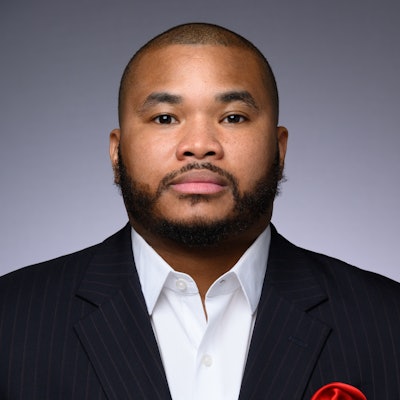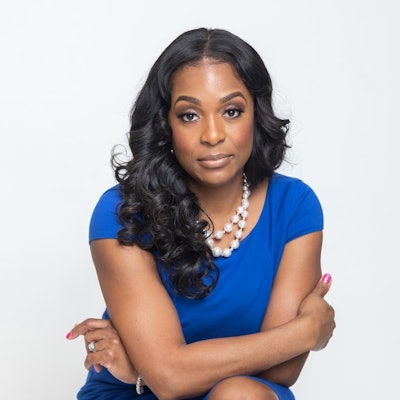It has been said that the Black church is the pillar of the Black community. On any given Sunday, one may find a bevy of women adorned with colorful hats. Children being compelled into good behavior by stern looks from adults present or a sweet treat from Grandma’s purse. A soft breeze is the result of handheld fans adorned with the faces of famous Black leaders, as the pastor belts out his message from the pulpit. The service ends with glorious music and hallelujahs.  Dr. Adriel A. Hilton
Dr. Adriel A. Hilton
A February 2021 article in The Washington Post titled, “The Black Church explores the ‘most important institution’ in African American history," states, “They go for the preaching, the music, the frenzy. And most importantly, for the feeling that it generates.” There are certain things one can only know about a Black Christian church service by attending same—the imagery, fellowship, spiritual feelings, comfort and familiarity. The same comparison could be made about someone claiming to be an expert in HBCU history, yet never having attended an HBCU to earn his or her degree, nor having ever taught or worked at one.
We think there’s a fine line between being an expert on HBCUs versus being qualified to speak on behalf of or serve as a representative of these unique higher education institutions. One can, of course, legitimately call him or herself an expert—as an outside observer—gaining knowledge by extensive reading and researching others’ actual HBCU experiences. That said, why are these so-called experts the ones called on to represent these institutions when they have never had any real experiences as an HBCU insider? Did these experts proudly choose HBCUs to earn their distinguished degrees? Do these experts have professional backgrounds that reflect actual work experience at an HBCU, which is the only way one can truly gain first-hand knowledge of student, faculty, and staff experiences?
Recently, The White House released an online notice stating, “Today, President Biden announces his intent to appoint qualified and diverse leaders to the President’s Board of Advisors on Historically Black Colleges and Universities (HBCUs)…appointed Drs. Tony Allen and Glenda Glover to serve as Chair and Vice Chair of the President’s Board of Advisors on HBCUs, respectively. In February, he appointed Dr. Dietra Trent as executive director of the White House HBCU Initiative.” It is imperative to point out that these three distinguished individuals are described as “qualified” and to note that HBCUs are almost exclusively epitomized in each individual’s educational and work chronicles. These three exemplify authentic HBCU leaders, who are more than competent to speak about HBCUs.
Too often, this is not the case. Too often, persons who have never worked or attended these iconic institutions are called upon to be the resident expert, to represent, and to serve on committees that concern HBCU interests. Our intent here is not to call out specific individuals or occurrences but to explain why we believe it is vital for one to have attended or worked at an HBCU to provide support, advocate for resources, or speak on behalf of HBCUs.  Dr. Cheron Hunter Davis
Dr. Cheron Hunter Davis
Both authors of this op-ed are currently employed at public, state-run HBCUs, and have an unapologetic love for these schools. And while research is critical to the perpetuity of these beloved institutions, only by teaching, working, and learning in these spaces can one gain true knowledge.




















